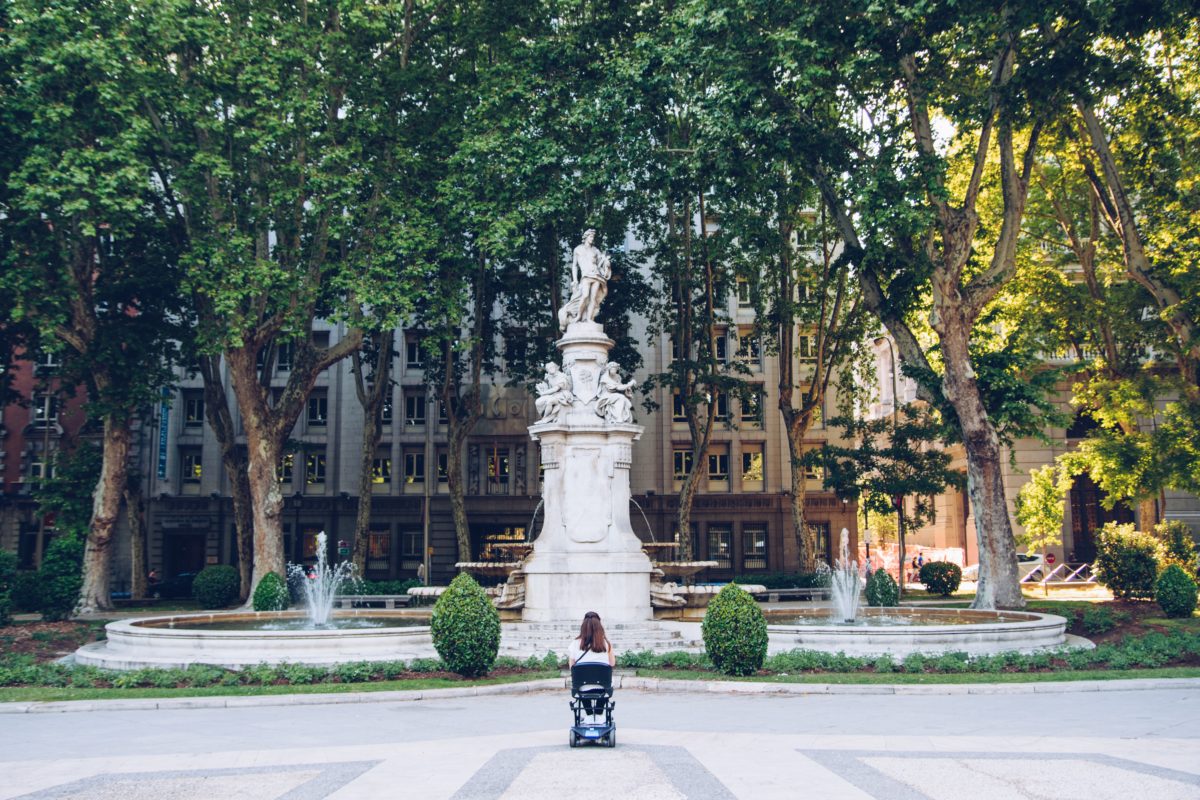As members of the tourism industry, with many of the tour operators we know and love operating on the land of the first nations people, it is important we recognize them and continue to work toward reconciliation.
As members of the industry, it takes more than just accepting that we are guests on their land, instead, we must include them in our decision making and planning processes and ensure that they are being treated with the respect they deserve.
In the past, we have often seen the first nations people being disrespected repeatedly and now it is our chance to make the changes for the better. To do this, many organizations have started working with the local first nations peoples to collaborate on new present and future opportunities. For example, Thompson Okanagan is doing a good job of realizing the potential for partnerships with the local first nations and has incorporated that into their destination development strategy.
The North Thompson and Nicola Valleys destination development strategy specifically notes promoting the concept of developing new experiences to bands and aspiring Indigenous entrepreneurs, as well as establishing a local tourism enterprise facilitator to work directly with Indigenous businesses. This is just a sample of the plans they have to partner with the first nations people to develop the industry to incorporate those that came before us.
When it comes to policy and planning, this should be a focus for many jurisdictions worldwide. The lack of respect that is shown towards the first nations and indigenous peoples is shocking and that needs to be changed. In order to do this, there needs to be more representation of the first nations people in the industry, whether it is indigenous industry professionals, representatives, or another form, this needs to be something that is done not just locally but on the global level in many countries around the world.

